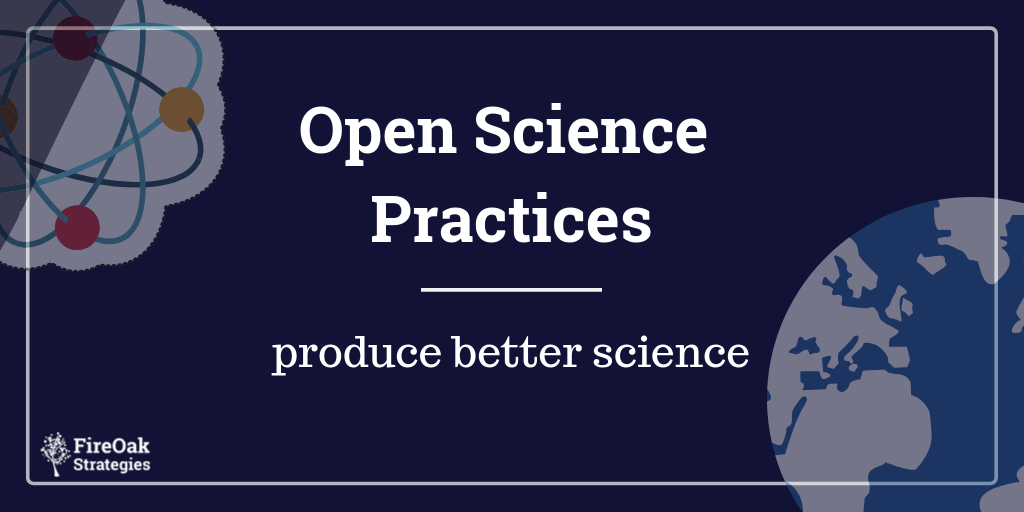The National Academies of Sciences, Engineering, and Medicine is actively working to produce better science through open scientific contributions. The focus of open science, similar to open access, is to make scientific publications, data, and research outputs openly accessible without barriers such as pay walls. For the scientific community at large to adopt open science initiatives, it is essential that all stakeholders (e.g., researchers, research institutions, publishers, funders, donors, libraries, etc.) understand the benefits and incentives of open science practices.

At the September 20, 2019 public symposium, Advancing Open Science Practices: Stakeholder Perspectives on Incentives and Disincentives, several members of the scientific community addressed the research ecosystem as it presently stands, but also provided insights on how the ecosystem could shift and scale to substantially increase the support of open science efforts.
Open science practices often trigger divergent schools of thought. Some people argue that open science yields greater dissemination of research and findings, which leads to scientific advancements and universally accessible outputs. This standpoint is especially important to institutions and researchers in locations that might not have the financial capacity to subscribe to costly journals. On the opposite end of the spectrum, others take the stance that open science equates to poorly researched science and of a lesser caliber. While untrue, this perception undermines the core of open science.
Recommended Open Science Practices
Throughout the event, speakers recommended several strategic and tactical steps that taken together will improve the overall ecosystem of open science.
- Change the perceptions of open science. It has long been recognized that researchers’ work and the guidelines they must adhere to are complex and multifaceted. More is needed then to simply add the term ‘open’ to the list of things researchers already do.
- Change the practices of hiring, tenure and promotion. When impact factor and journal prestige are the guideposts, open access gets left behind. Updating practices and policies for hiring, tenure, and promotion to value open access initiatives equally, or in any capacity, would be a significant step forward.
- Create institutional policies that support publication funding. Having a policy in place that supports funding for publications has the potential to drive research towards open outlets.
- Enlighten authors about the process of financing journal publications. You don’t know what you don’t know. Authors are often not aware of journal subscription costs or what goes into paying for journal publications on the back end. Involving authors, while providing institutional support for publishing open, increases transparency and understanding between both parties.
- Having open science conversations promote culture change. Encourage conversations that highlight openness. Open science practices and research are valued by researchers, often indirectly, because openness helps their research to find the right audience.
- Open should be easy. Set expectations in grant (or other funding) application processes. Because a researcher’s time is often limited, consider funding a position to work with researchers on preprints, datasets, uploading articles into repositories, etc.
- Transformative Agreements could accelerate open science initiatives. As Ivy Anderson of the California Digital Library, points out, “Although these (transformative agreements) are agreements negotiated with publishers, the focus is not on publishers, but on transitioning library expenditures to support open access on behalf of authors.”
- Transformative Agreements advocate for holistic financial management. These agreements place libraries as financial agents. This means libraries would serve open access initiatives, not the publishing community. Using one agreement for subscription and open access expenses promotes a holistic overview of costs.
- Understand the value of preprints. Preprints are not the most valued commodity in the research world, but relieving the pressure of slow journal publishing is valued. Bottom line, make preprinting easy.
More articles about open access and open data:






